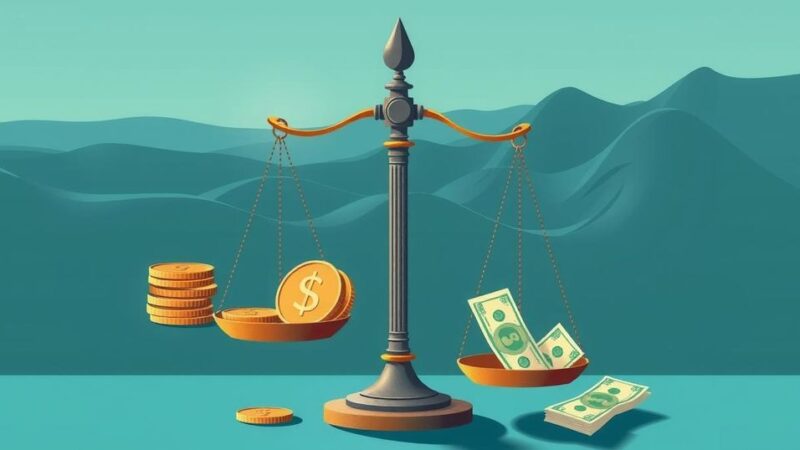Morocco has improved its rank to 73rd in the 2024 Commitment to Reducing Inequality Index, largely due to post-earthquake reconstruction spending. It ranks 11th among lower-middle-income countries and 21st in labor markets. However, concerns remain about the sustainability of this progress amid global inequality trends.
Morocco has shown remarkable advancement in the newly released 2024 Commitment to Reducing Inequality Index, as published by Oxfam and Development Finance International (DFI) on October 21. The Kingdom achieved a global ranking of 73rd among 164 evaluated nations, positioning it as the fifth highest in the Middle East and North Africa region—surpassing several countries, including Palestine and Egypt. In the broader context of lower-middle-income countries, Morocco ranks 11th, just behind Uzbekistan. The ranking improvement is significantly buoyed by Morocco’s response to the devastating earthquake in September 2023, which claimed approximately 3,000 lives and displaced thousands more. Increased financial allocations for reconstruction efforts have been pivotal, contributing to a noteworthy rise of 30 places in comparison to the previous year’s index. Morocco’s performance is differentiated further by its high ranking in labor markets (21st), although it ranks less favorably at 90th for public services and 97th for taxation. Additionally, Morocco has garnered recognition as one of the top ten global spenders on education, with a reported 17% increase in budget allocations aimed at enhancing educational equity. This investment is primarily directed toward rebuilding educational infrastructure affected by the earthquake and implementing social initiatives such as free school meals. However, the report issues a cautionary note regarding sustainability, indicating that Morocco’s significant rise in ranking may be temporary, reiterating, “The top riser, Morocco, moved up 96 places due to large post-earthquake relief and reconstruction spending.” Globally, the trends reflected in the report reveal a concerning pattern, where 90% of nations are enacting measures that may exacerbate economic inequality, particularly among the world’s poorest nations. In summary, Morocco’s commitment to combating inequality through increased spending in education and recovery from recent devastating events has positioned it favorably within the global index, although sustainability of this progress remains uncertain.
The Commitment to Reducing Inequality Index is a comprehensive evaluation conducted by Oxfam and Development Finance International regarding how effectively countries are employing public services, taxation, and labor market policies to mitigate inequality. The index provides insights into various nations’ commitments to fostering equity and highlights those making significant strides or facing challenges based on quantifiable measures.
In conclusion, Morocco’s notable rise in the 2024 Commitment to Reducing Inequality Index underscores the impact of increased spending related to earthquake reconstruction and enhanced educational investment. While this development is commendable, it is essential to recognize the potential volatility in sustaining such a position amid broader global challenges associated with economic inequality.
Original Source: en.yabiladi.com






